On the Wisdom of Solomon, Part 1: Addressing the Critics
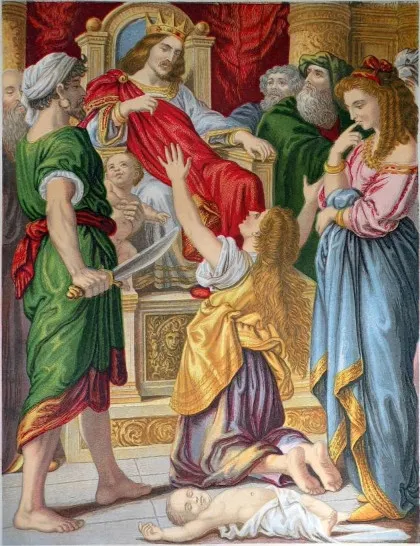
On the Wisdom of Solomon, Part 1: Addressing the Critics
Here we are going to examine an apocryphal book of Scripture which I have often cited in my commentaries on various books of the New Testament, and especially in the recently-completed commentary On the Gospel of John. This book I have always accepted as being canonical in spite of the fact that evidence of its great antiquity is very scant, and no original Hebrew version of the work is known to have existed. But rather than judging the book according to the words and deeds of the world, I have chosen to judge it based on its contents.
This book is the Wisdom of Solomon, which I will often identify simply as Wisdom here. It was accepted as canon in the Roman Catholic and Greek Orthodox churches, but it was rejected and relegated to apocryphal status by Protestants, who certainly seem to have followed the Jews in this regard. The Wisdom of Solomon was included alongside the other books of Wisdom of the Old Testament in the 4th century Codices Sinaiticus (א) and Vaticanus (B) and in the 5th century Codex Alexandrinus (A), but it is not found in the Dead Sea Scrolls.
At least one source, an online denominational ministry, has published an article on the Scrolls which claims that fragments of the Wisdom of Solomon were found among the scrolls, citing A Survey of Old Testament Introduction by one Gleason Archer, which was first published in 1974. But I have not yet been able to verify this claim, since it is not supported by the first edition of Archer’s work. In the author’s Appendix 4 there is an Inventory of Biblical Manuscripts from the Dead Sea Caves, as he titled it, which has no reference to Wisdom. But the book was revised and updated in 1996, and I have not yet been able to access that edition, as this information is new to me. [I have already ordered a copy of the book.]






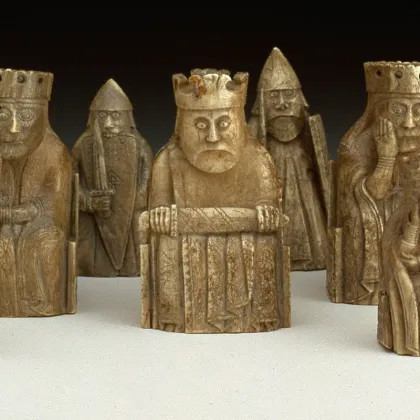
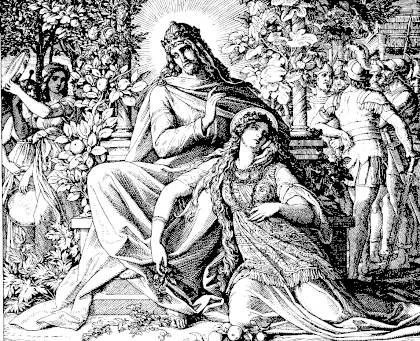
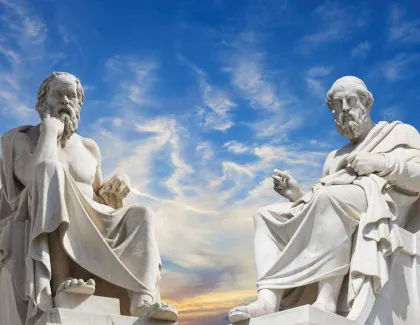

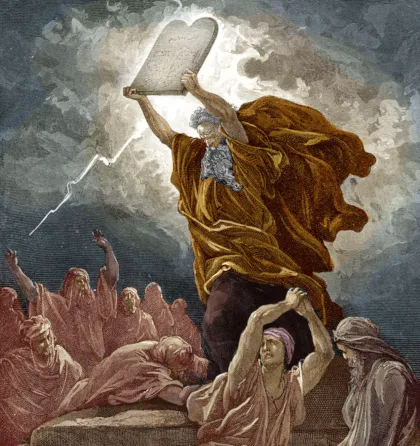

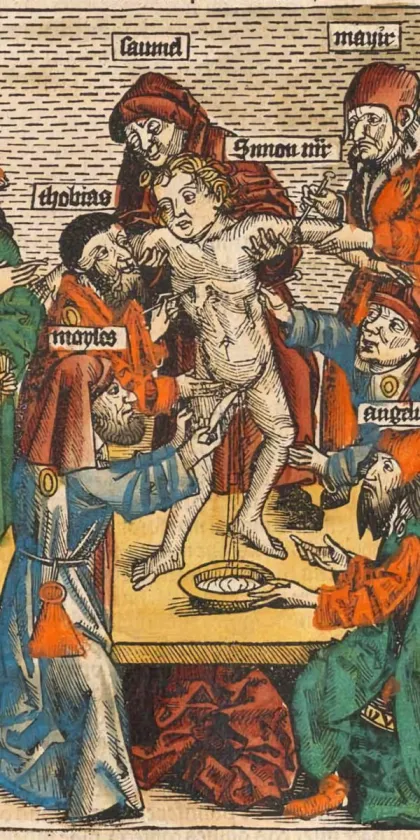
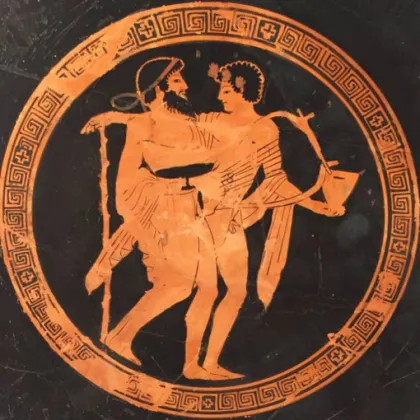


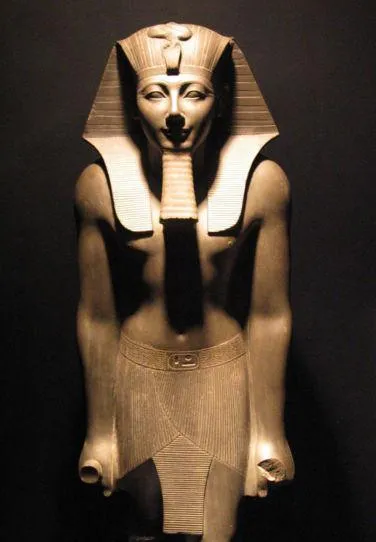
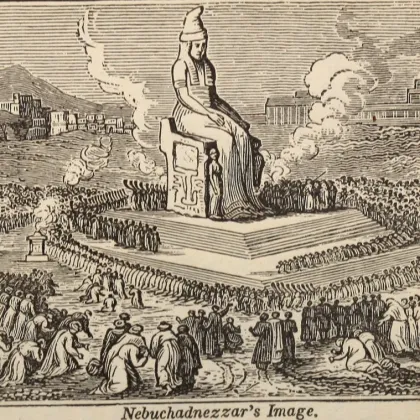
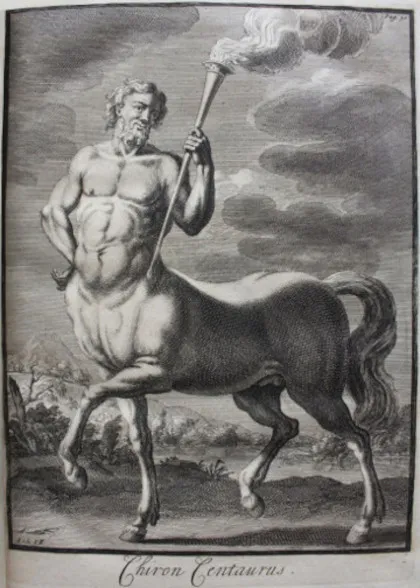




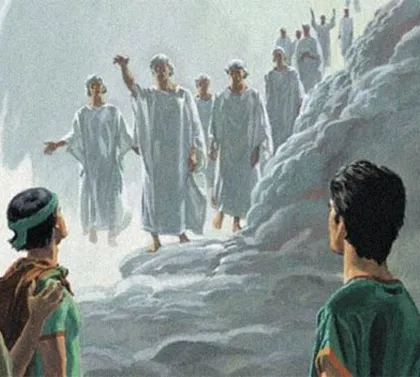





 Please click here for our mailing list sign-up page.
Please click here for our mailing list sign-up page.







